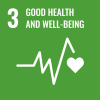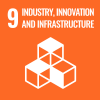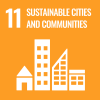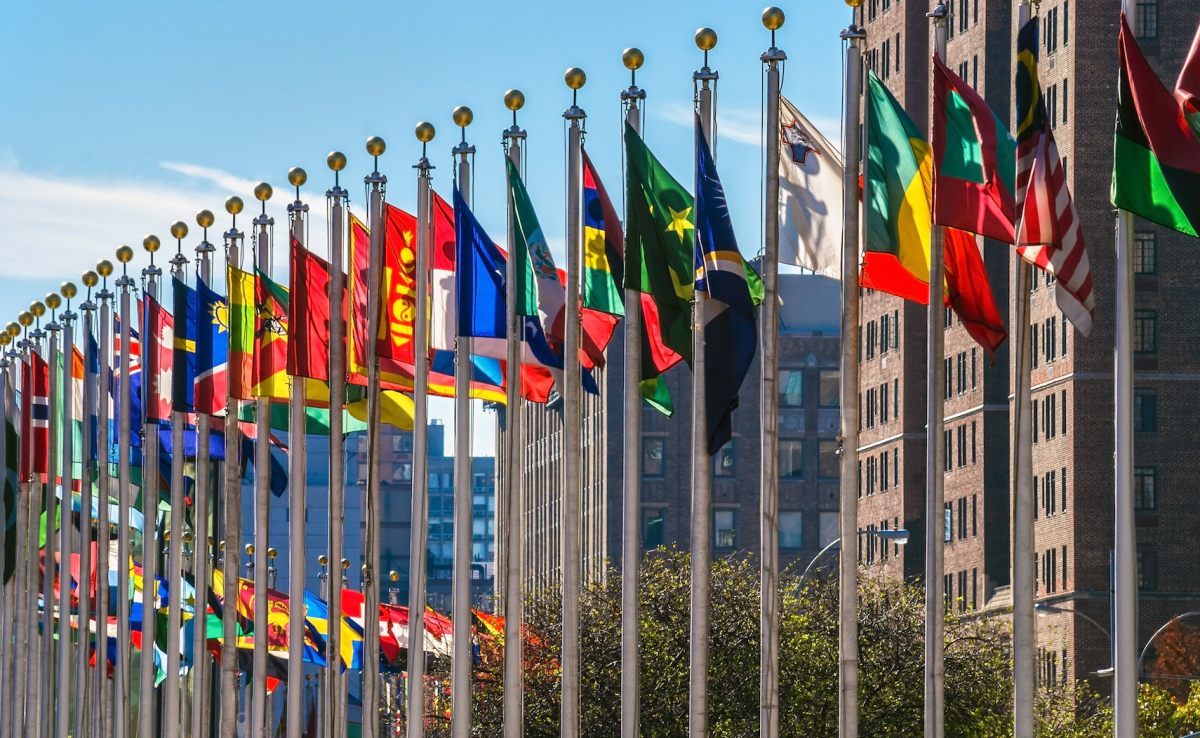
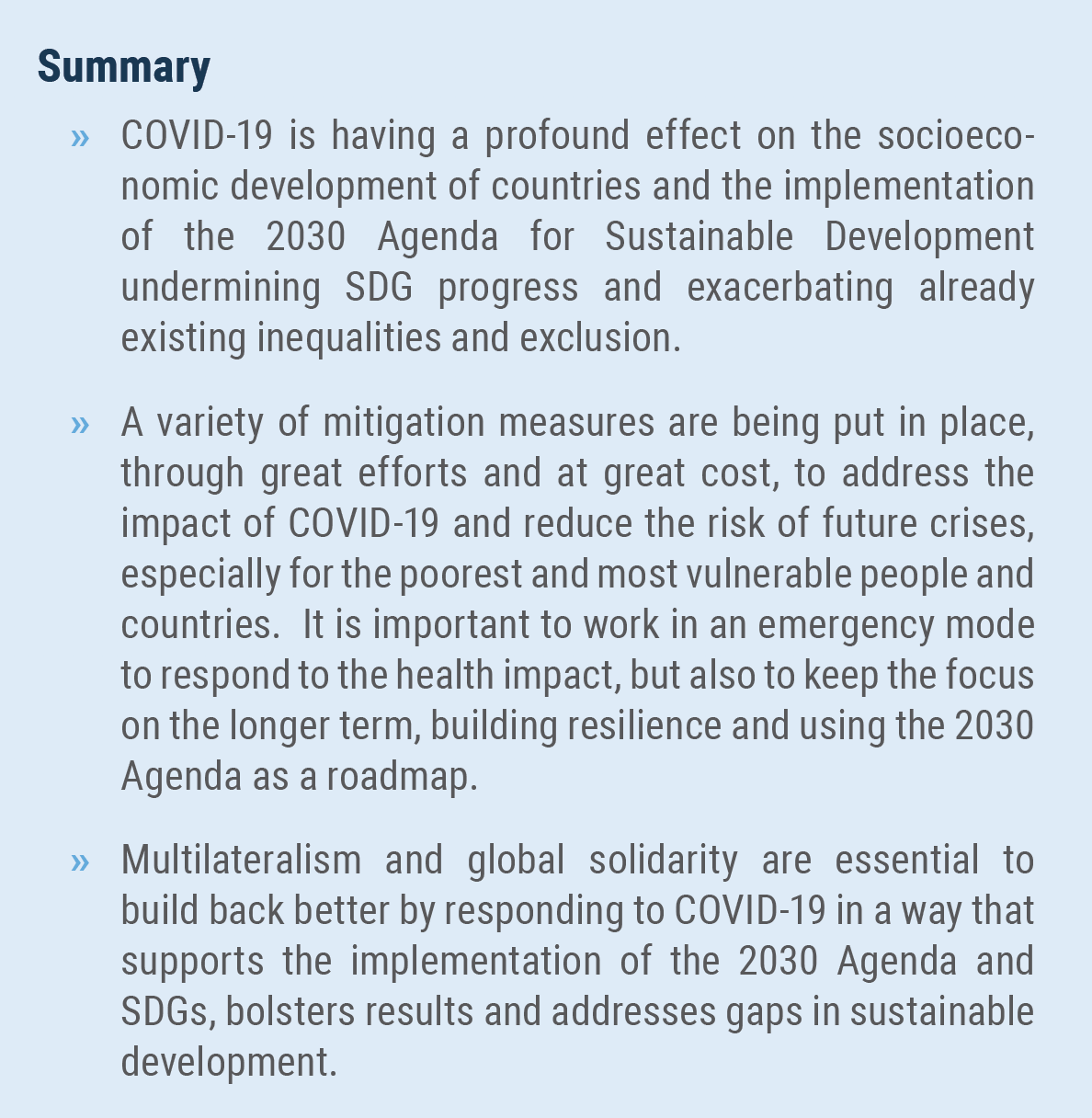 When countries expressed their readiness to present their voluntary national reviews (VNRs) at the 2020 High-level political forum on sustainable development (HLPF) in September 2019, trends towards the Sustainable Development Goals (SDGs) were uneven. There were some favorable tendencies globally. In particular progress was being made towards eradicating extreme poverty, lowering child mortality rates, advancing gender equality in some areas or improving access to electricity in the poorest countries. These advances resulted in no small part from the impact of policies conducted by many Governments and their partners since 2015. At the same time, many challenges remained, and even deepened, including the rise in hunger, the increase in greenhouse gas emissions, persistent inequality, the loss of biodiversity, inadequate means of implementation and weaknesses in institutions. The SDG Summit in September 2019 and its political declaration were very clear that we were not yet on track for realizing the SDGs by 2030 and that a major acceleration effort was needed in the coming ten years-the Decade of Action and Delivery for Sustainable Development.
When countries expressed their readiness to present their voluntary national reviews (VNRs) at the 2020 High-level political forum on sustainable development (HLPF) in September 2019, trends towards the Sustainable Development Goals (SDGs) were uneven. There were some favorable tendencies globally. In particular progress was being made towards eradicating extreme poverty, lowering child mortality rates, advancing gender equality in some areas or improving access to electricity in the poorest countries. These advances resulted in no small part from the impact of policies conducted by many Governments and their partners since 2015. At the same time, many challenges remained, and even deepened, including the rise in hunger, the increase in greenhouse gas emissions, persistent inequality, the loss of biodiversity, inadequate means of implementation and weaknesses in institutions. The SDG Summit in September 2019 and its political declaration were very clear that we were not yet on track for realizing the SDGs by 2030 and that a major acceleration effort was needed in the coming ten years-the Decade of Action and Delivery for Sustainable Development. 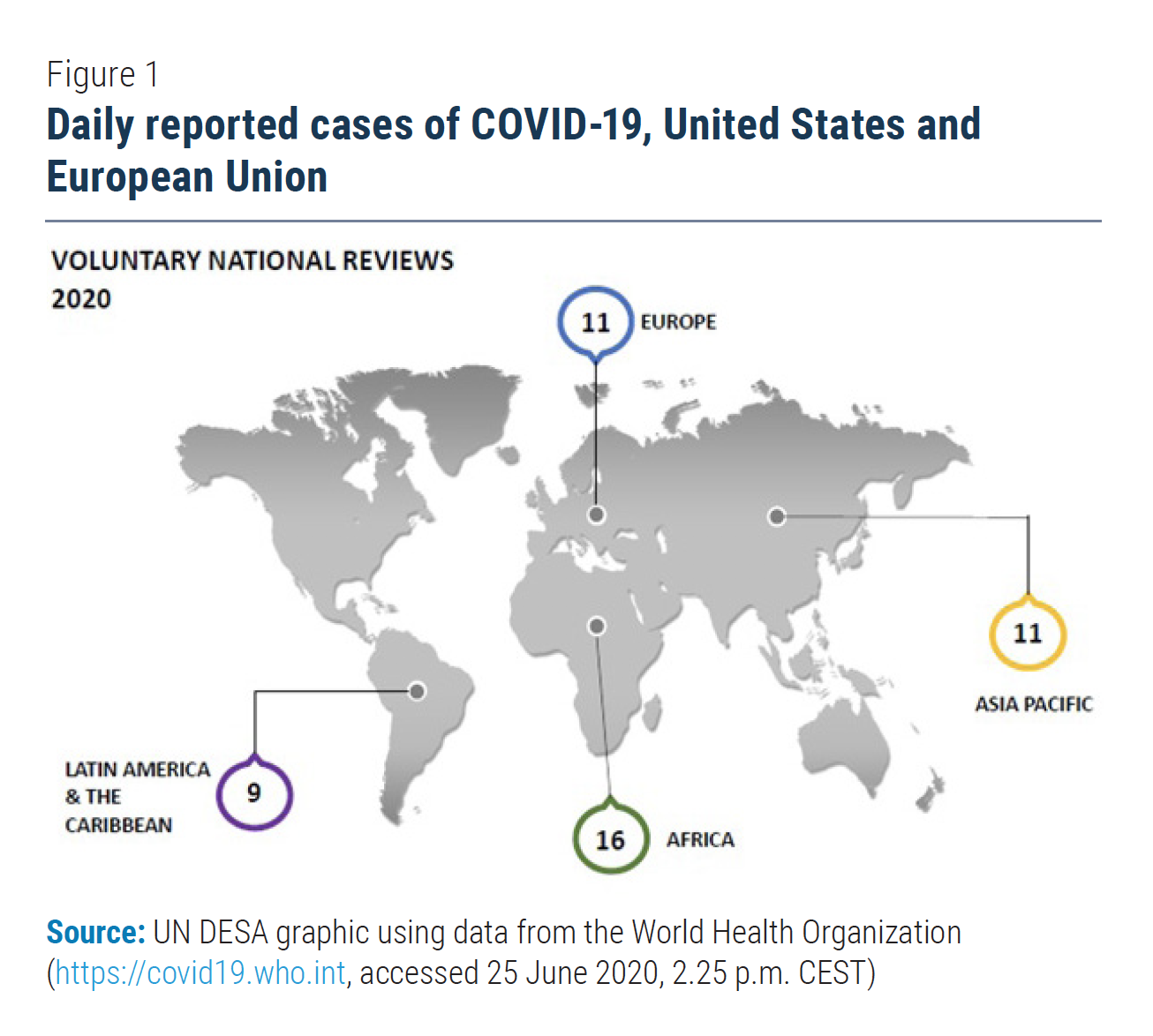 The VNRs provide the international community with insights on the implementation of the 2030 Agenda for Sustainable Development at the country level. They show that there has been a near universal response to the 2030 Agenda and the SDGs. They also show that country ownership of the 2030 Agenda is strong and that efforts to implement the Agenda are unwavering despite the impacts of the COVID-19 pandemic. Many Governments have prioritized the integration of the SDGs into their national plans and policies. They have been creating the institutional arrangements that help drive and monitor progress towards the transformation needed in economies and societies in order to reach the SDGs. Today, with the COVID-19 pandemic, many of the hard-earned gains towards the SDGs are in jeopardy and years of development progress might be reversed. Existing gaps and challenges might become more pronounced and difficult to overcome.
The VNRs provide the international community with insights on the implementation of the 2030 Agenda for Sustainable Development at the country level. They show that there has been a near universal response to the 2030 Agenda and the SDGs. They also show that country ownership of the 2030 Agenda is strong and that efforts to implement the Agenda are unwavering despite the impacts of the COVID-19 pandemic. Many Governments have prioritized the integration of the SDGs into their national plans and policies. They have been creating the institutional arrangements that help drive and monitor progress towards the transformation needed in economies and societies in order to reach the SDGs. Today, with the COVID-19 pandemic, many of the hard-earned gains towards the SDGs are in jeopardy and years of development progress might be reversed. Existing gaps and challenges might become more pronounced and difficult to overcome.
How covid-19 was reflected in 2020 VNRs
Forty-seven countries presented VNRs at the 2020 HLPF, out of which 26 were first time presenters, 20 were second time presenters and one country presented for the third time. Out of the 46 reports submitted, 39 countries explicitly mention the impact of the COVID-19 pandemic and many devote a separate section to the pandemic in their reports. 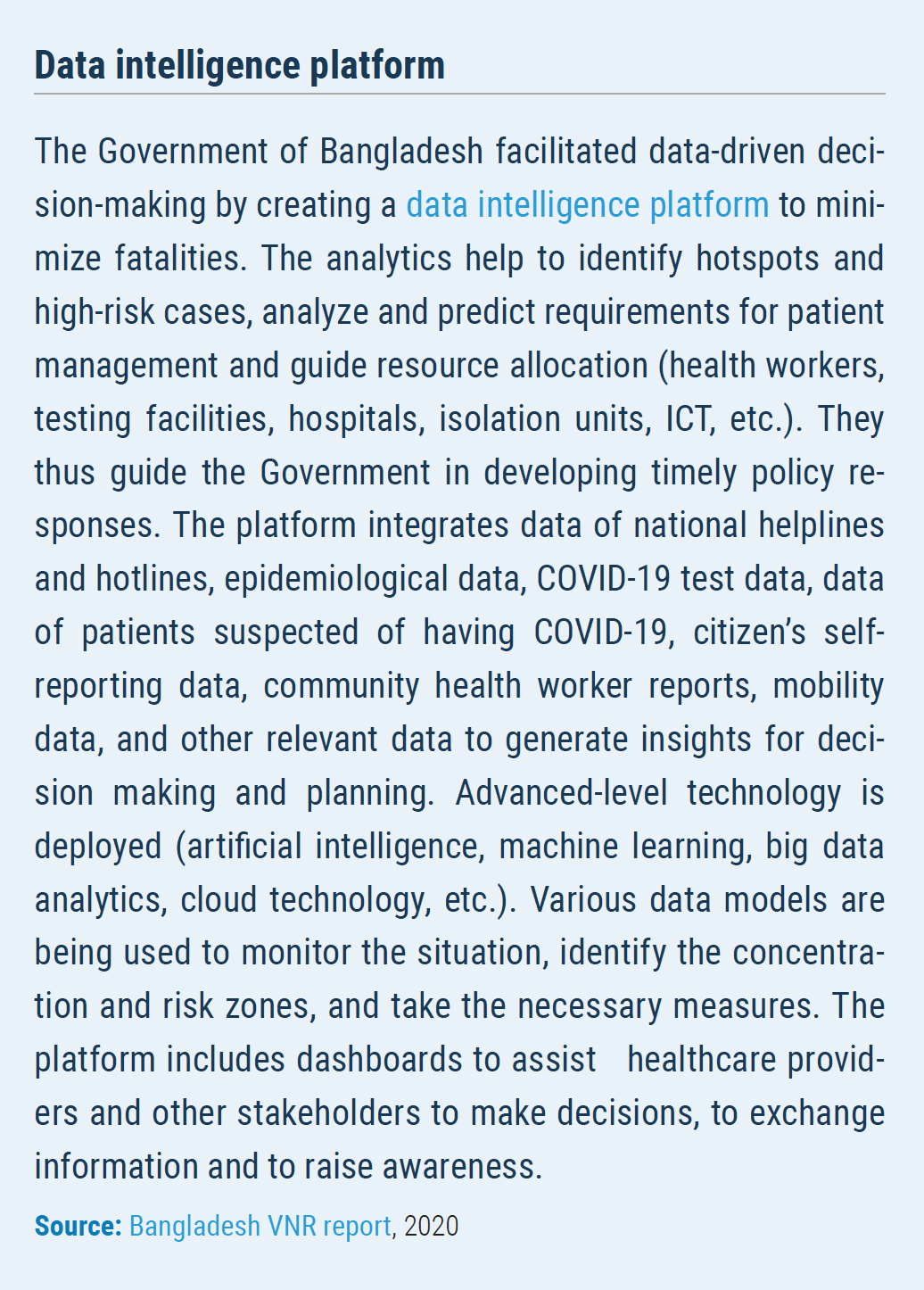 The findings below are based on these reports. They confirm that COVID-19 can undermine or reverse progress in the implementation of the SDGs and disrupt development efforts. The reports show that small, vulnerable, highly indebted, and tourism-dependent states are among the hardest hit. Many countries, especially developing countries and least developed countries, called for global solidarity, expressing their need for international assistance. A strong message was the necessity for a coordinate international response to the pandemic and for cooperation by all stakeholders. The VNRs reports describe the health measures undertaken to combat COVID-19, the socio-economic impact of the pandemic and related measures as well as the roles of various stakeholders in combatting COVID-19. Countries also mentioned the impact of the crisis on the conduct of their VNRs, notably the consultations with stakeholders required for preparing the VNRs. Some reports underlined a point also made by the Secretary-General, namely that, if we had been more advanced in SDG implementation, the impact of COVID-19 might have been less severe.
The findings below are based on these reports. They confirm that COVID-19 can undermine or reverse progress in the implementation of the SDGs and disrupt development efforts. The reports show that small, vulnerable, highly indebted, and tourism-dependent states are among the hardest hit. Many countries, especially developing countries and least developed countries, called for global solidarity, expressing their need for international assistance. A strong message was the necessity for a coordinate international response to the pandemic and for cooperation by all stakeholders. The VNRs reports describe the health measures undertaken to combat COVID-19, the socio-economic impact of the pandemic and related measures as well as the roles of various stakeholders in combatting COVID-19. Countries also mentioned the impact of the crisis on the conduct of their VNRs, notably the consultations with stakeholders required for preparing the VNRs. Some reports underlined a point also made by the Secretary-General, namely that, if we had been more advanced in SDG implementation, the impact of COVID-19 might have been less severe.
Health impact and measures
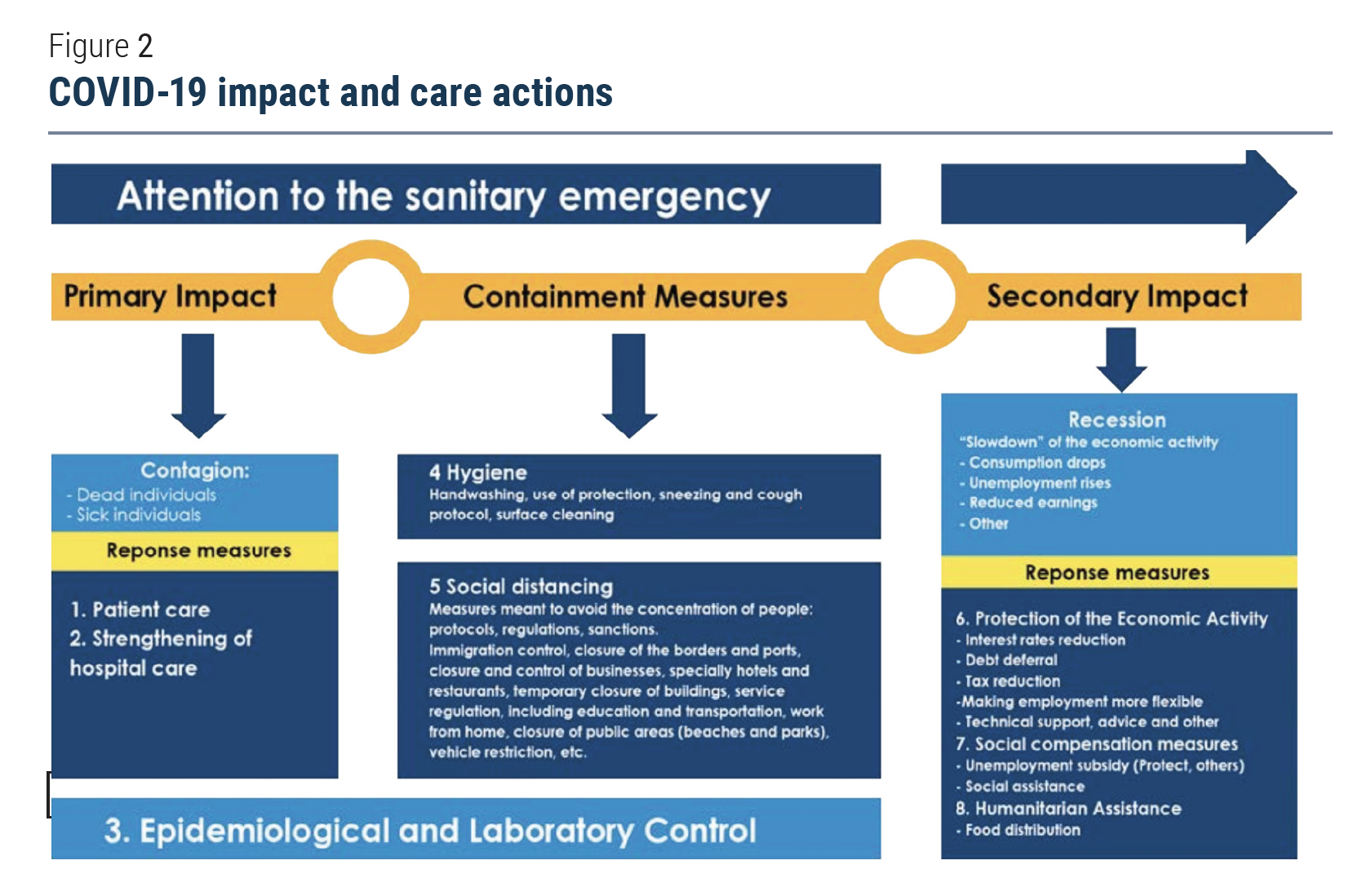 The VNRs highlight a variety of measures in the area of health. Some countries have been making their national health systems more accessible and more resilient to adequately combat COVID-19. Some elaborated that measures include addressing the primary and secondary impacts of the pandemic. Regarding primary impacts, sick people are identified and provided with patient and hospital care and containment measures are implemented including promoting hygiene and social distancing. Regarding the secondary impact of COVID-19, countries such as Costa Rica report identifying its negative impacts and implementing response measures. These response measures include raising salaries for healthcare workers and providing them with adequate training and personal protective equipment; modernizing and ensuring timely delivery of medical equipment (e.g. artificial lung ventilators); increasing epidemiological and laboratory effectiveness; establishing modular hospitals, isolation centers and sanitary cordons as well as digitizing patient data for use by multiple health workers and providing data intelligence platforms to minimize fatalities. Measures also include providing health coverage and access to medicine for all (Argentina, Austria, Benin, Costa Rica, Panama, Trinidad and Tobago, Ukraine).
The VNRs highlight a variety of measures in the area of health. Some countries have been making their national health systems more accessible and more resilient to adequately combat COVID-19. Some elaborated that measures include addressing the primary and secondary impacts of the pandemic. Regarding primary impacts, sick people are identified and provided with patient and hospital care and containment measures are implemented including promoting hygiene and social distancing. Regarding the secondary impact of COVID-19, countries such as Costa Rica report identifying its negative impacts and implementing response measures. These response measures include raising salaries for healthcare workers and providing them with adequate training and personal protective equipment; modernizing and ensuring timely delivery of medical equipment (e.g. artificial lung ventilators); increasing epidemiological and laboratory effectiveness; establishing modular hospitals, isolation centers and sanitary cordons as well as digitizing patient data for use by multiple health workers and providing data intelligence platforms to minimize fatalities. Measures also include providing health coverage and access to medicine for all (Argentina, Austria, Benin, Costa Rica, Panama, Trinidad and Tobago, Ukraine). 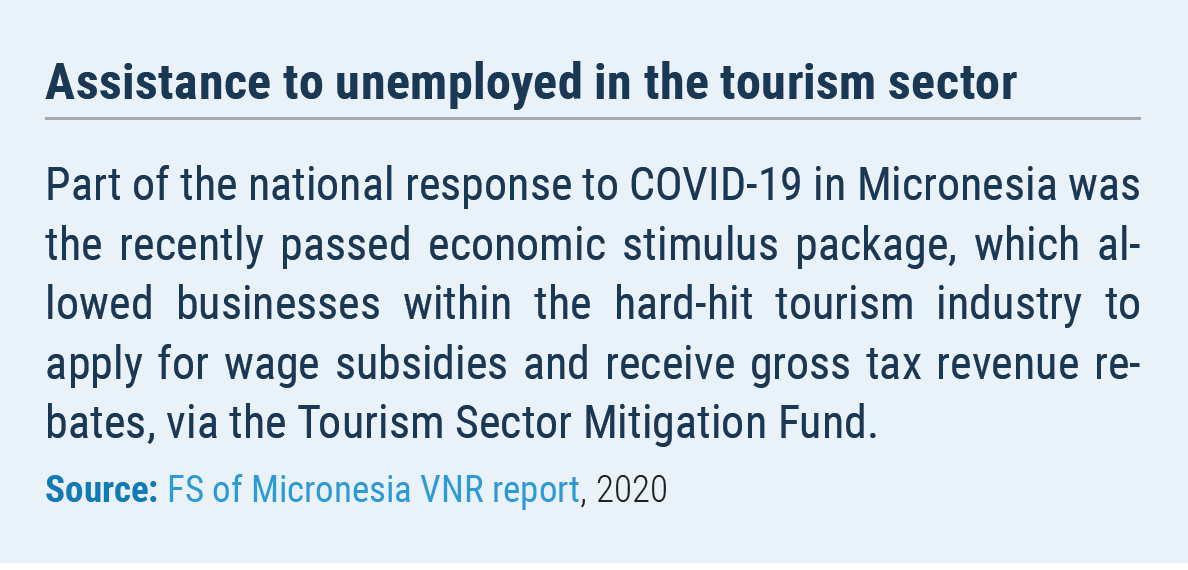 Other countries report implementing measures to trace and isolate persons who have been in contact with COVID-19-positive patients, accommodating these people in hotels and providing them with quality and safe food, creating health corridors and disinfecting public transport (Armenia, Bangladesh, Mozambique).
Other countries report implementing measures to trace and isolate persons who have been in contact with COVID-19-positive patients, accommodating these people in hotels and providing them with quality and safe food, creating health corridors and disinfecting public transport (Armenia, Bangladesh, Mozambique).
Socioeconomic impact and measures
Economic measures
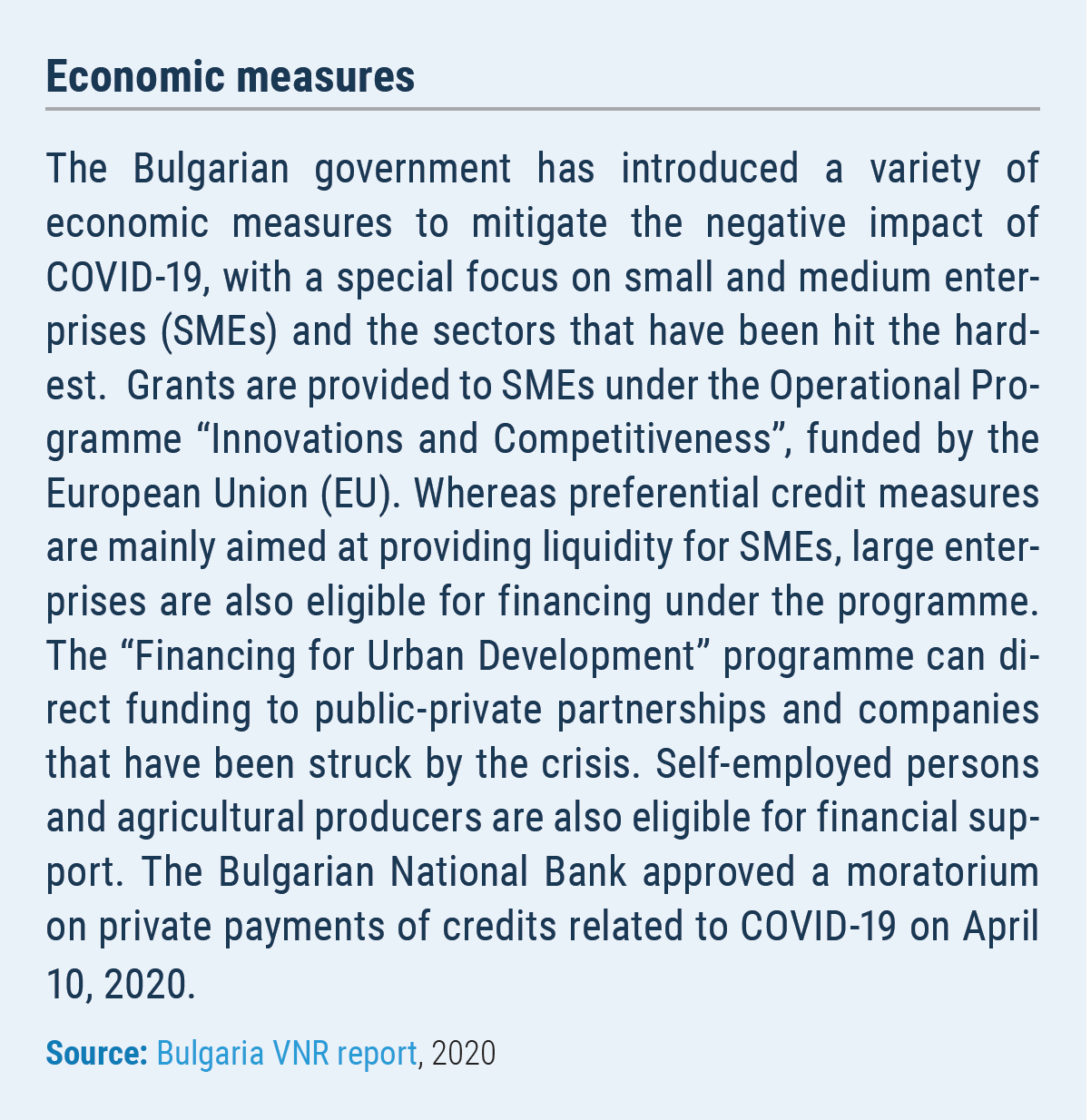 The VNR reports underline the severe impact of COVID-19 on the economy and society, indicating that the pandemic exacerbated inequalities and widened divides, with the most detrimental impact on those who are already at risk of being left behind (Argentina, Austria, Bangladesh, Comoros, DR Congo, Georgia, India, Niger, Nigeria) . The pandemic affected macroeconomic stability and, in many countries, made the debt situation more acute. A number of countries described the impact of the pandemic on particular sectors of the economy. Agriculture, food security and nutrition, education, tourism, trade, transport are some of the sectors that have been the hardest hit, especially in the least developed countries and small island developing States. Therefore some countries provided economic stimulus packages targeting specific sectors (Gambia, Micronesia, Samoa, Seychelles, Ukraine).
The VNR reports underline the severe impact of COVID-19 on the economy and society, indicating that the pandemic exacerbated inequalities and widened divides, with the most detrimental impact on those who are already at risk of being left behind (Argentina, Austria, Bangladesh, Comoros, DR Congo, Georgia, India, Niger, Nigeria) . The pandemic affected macroeconomic stability and, in many countries, made the debt situation more acute. A number of countries described the impact of the pandemic on particular sectors of the economy. Agriculture, food security and nutrition, education, tourism, trade, transport are some of the sectors that have been the hardest hit, especially in the least developed countries and small island developing States. Therefore some countries provided economic stimulus packages targeting specific sectors (Gambia, Micronesia, Samoa, Seychelles, Ukraine). 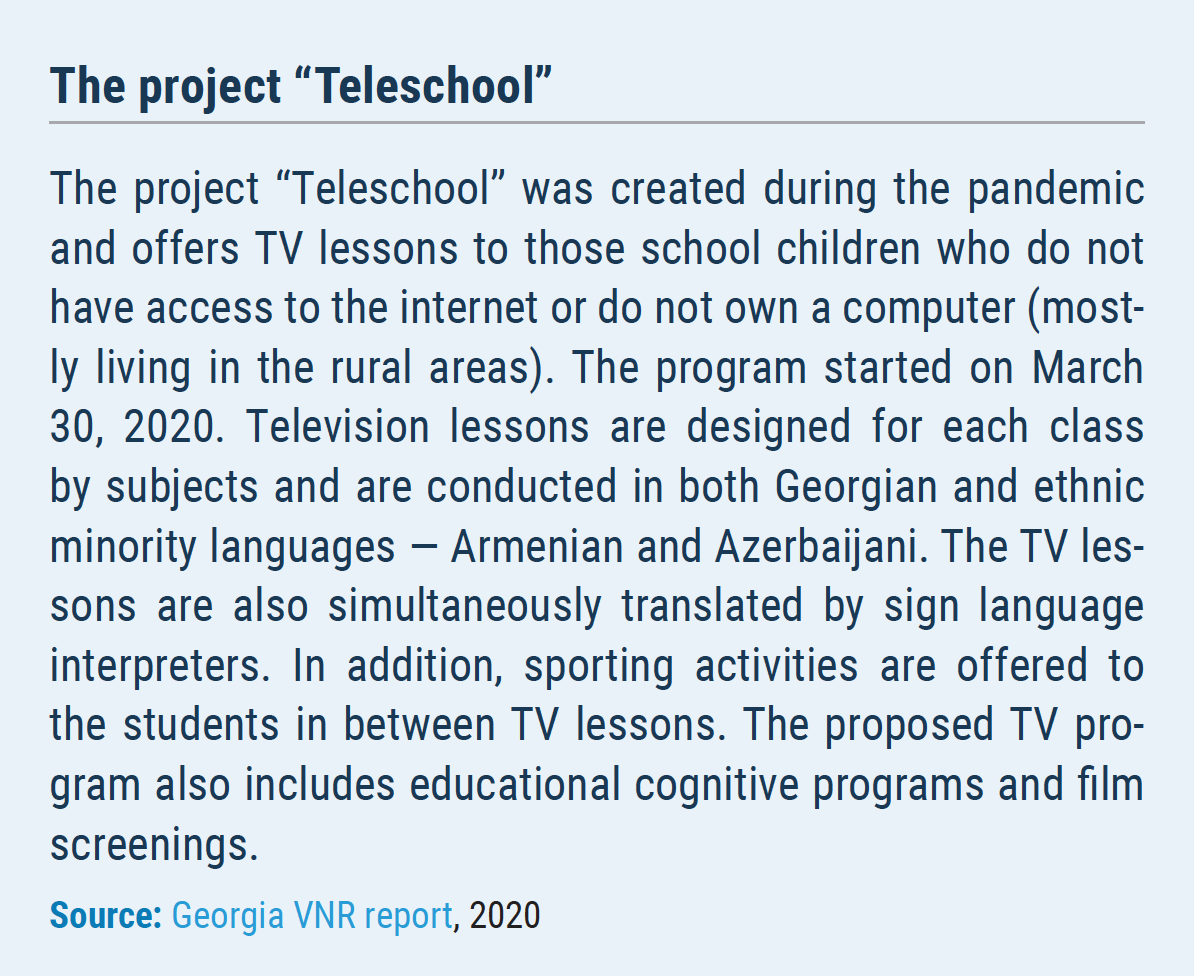 Many countries created emergency assistance programmes and emergency response funds for employers and employees so as to support sustainable and continuing economic development and provide macroeconomic stability – some with support from the World Bank, IMF, WHO or UNICEF. This involved supporting individual economic entities in countries’ priority sectors to address the liquidity-related risks expected due to the spread of COVID-19. Measures also included providing assistance in refinancing personal and business loans, including student loans, lowering taxes for some sectors, providing interest rate subsidies, supporting small and medium enterprises (SMEs) and providing lump-sum grants to preserve jobs (Argentina, Armenia, Brunei Darussalam, Costa Rica, India, Micronesia, Moldova, Morocco, Nigeria, Panama, Russian Federation).
Many countries created emergency assistance programmes and emergency response funds for employers and employees so as to support sustainable and continuing economic development and provide macroeconomic stability – some with support from the World Bank, IMF, WHO or UNICEF. This involved supporting individual economic entities in countries’ priority sectors to address the liquidity-related risks expected due to the spread of COVID-19. Measures also included providing assistance in refinancing personal and business loans, including student loans, lowering taxes for some sectors, providing interest rate subsidies, supporting small and medium enterprises (SMEs) and providing lump-sum grants to preserve jobs (Argentina, Armenia, Brunei Darussalam, Costa Rica, India, Micronesia, Moldova, Morocco, Nigeria, Panama, Russian Federation). 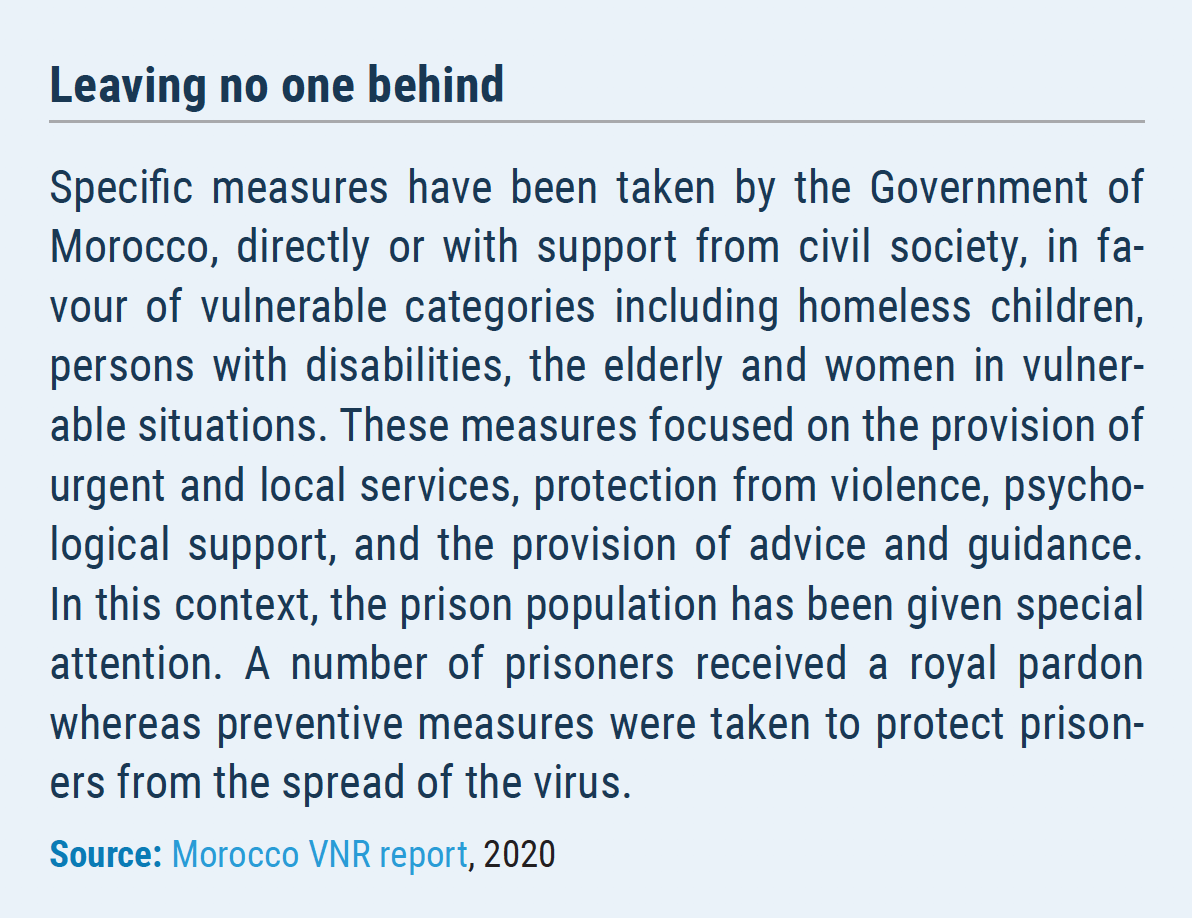 Some countries described the establishment of mechanisms, such as national committees or operational headquarters, to combat the pandemic and coordinate measures undertaken by different entities (Bangladesh, Bulgaria, Kenya, Kyrgyzstan, Morocco, North Macedonia, Papua New Guinea, Russian Federation). Many countries stressed the need for a coordinated approach and cooperation by all stakeholders. Some described how parliaments (Armenia, Bulgaria, Moldova) have passed some temporary laws, including on investment and taxation, to ease the burden of COVID-19 on the economy. Others stressed the role of volunteers, especially youth, who distributed food rations to households in need during the height of the pandemic (Brunei Darussalam). Some others described certain sectors coming together to improve the situation of their beneficiaries, such as educators providing classes to those families who do not have access to internet, especially in rural areas (Ecuador, Georgia) or delivering on other important activities in society (Liberia), including preventing violence against women and children (Moldova).
Some countries described the establishment of mechanisms, such as national committees or operational headquarters, to combat the pandemic and coordinate measures undertaken by different entities (Bangladesh, Bulgaria, Kenya, Kyrgyzstan, Morocco, North Macedonia, Papua New Guinea, Russian Federation). Many countries stressed the need for a coordinated approach and cooperation by all stakeholders. Some described how parliaments (Armenia, Bulgaria, Moldova) have passed some temporary laws, including on investment and taxation, to ease the burden of COVID-19 on the economy. Others stressed the role of volunteers, especially youth, who distributed food rations to households in need during the height of the pandemic (Brunei Darussalam). Some others described certain sectors coming together to improve the situation of their beneficiaries, such as educators providing classes to those families who do not have access to internet, especially in rural areas (Ecuador, Georgia) or delivering on other important activities in society (Liberia), including preventing violence against women and children (Moldova).
Social measures
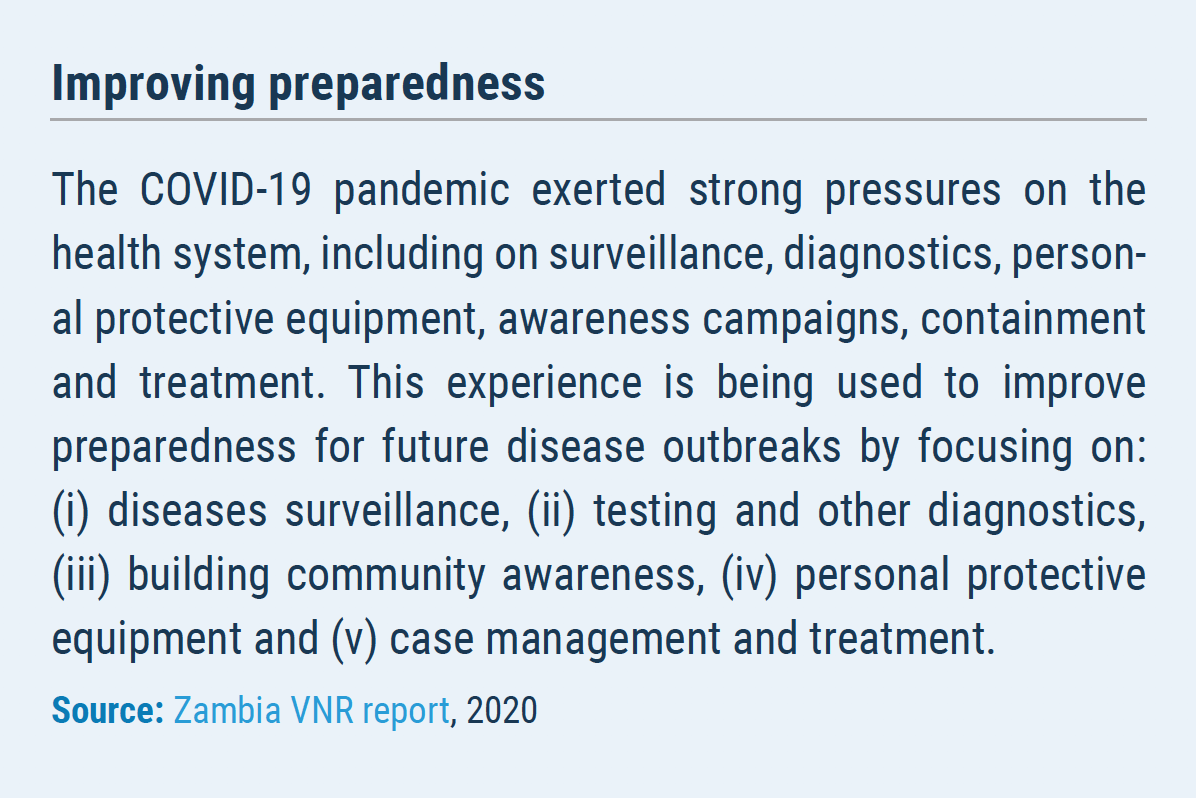 Many countries described social measures to provide support to vulnerable people, including students, families with children, pregnant women, persons with disabilities, older persons, migrants, workers in informal economy, etc. Examples of measures taken are: increasing the scope of social safety nets, including rental housing for migrant populations and the urban poor, building homes for homeless, assistance to unemployed families with children or through compensation or forfeiting tuitions fees for students, or distribution of free food items to low-income families (Bangladesh, Bulgaria, Gambia, India, Micronesia, Moldova, Morocco, Panama, Trinidad and Tobago, Uzbekistan).
Many countries described social measures to provide support to vulnerable people, including students, families with children, pregnant women, persons with disabilities, older persons, migrants, workers in informal economy, etc. Examples of measures taken are: increasing the scope of social safety nets, including rental housing for migrant populations and the urban poor, building homes for homeless, assistance to unemployed families with children or through compensation or forfeiting tuitions fees for students, or distribution of free food items to low-income families (Bangladesh, Bulgaria, Gambia, India, Micronesia, Moldova, Morocco, Panama, Trinidad and Tobago, Uzbekistan).
Medium- and long-term plans to strengthen economic, social and environmental resilience to COVID-19 and future pandemics
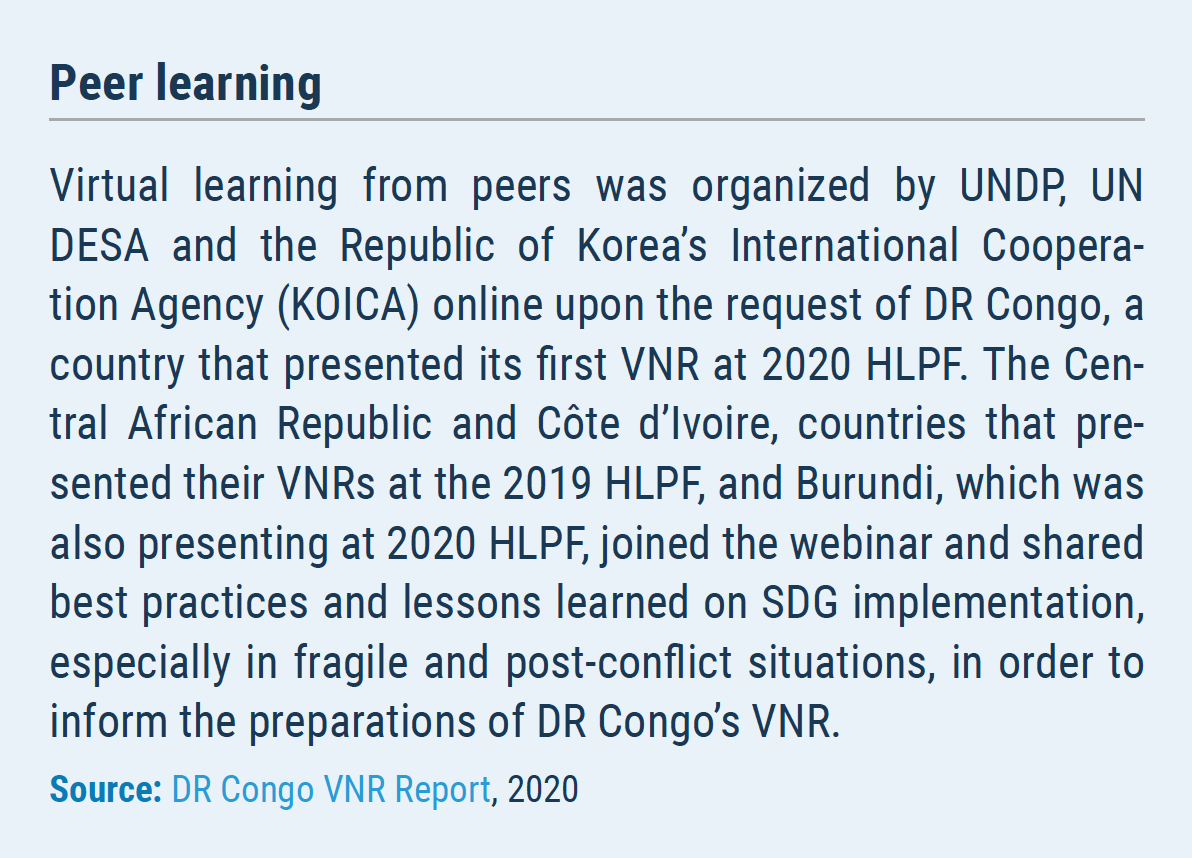 Many countries reported that they have started to look at medium- and long-term plans to strengthen economic, social and environmental resilience to COVID-19 and future pandemics. This includes creating economic stabilization and recovery plans, multisectoral preparedness and risk response plans, as well as developing national plans based on the Sendai Framework for Disaster Risk Reduction (notably on preparedness), national early warning and emergency operational centers, with the ultimate purpose to combat both the current COVID-19 pandemic and any future pandemics (Bangladesh, Ecuador, Liberia, Mozambique, Zambia). Many VNR reports underlined the importance of the use of technology, not only for virtual communication, but also for service delivery and doing business in general as well as in research and innovation (Armenia, Finland, Moldova, Nigeria, Zambia).
Many countries reported that they have started to look at medium- and long-term plans to strengthen economic, social and environmental resilience to COVID-19 and future pandemics. This includes creating economic stabilization and recovery plans, multisectoral preparedness and risk response plans, as well as developing national plans based on the Sendai Framework for Disaster Risk Reduction (notably on preparedness), national early warning and emergency operational centers, with the ultimate purpose to combat both the current COVID-19 pandemic and any future pandemics (Bangladesh, Ecuador, Liberia, Mozambique, Zambia). Many VNR reports underlined the importance of the use of technology, not only for virtual communication, but also for service delivery and doing business in general as well as in research and innovation (Armenia, Finland, Moldova, Nigeria, Zambia).
Impact on VNR preparations
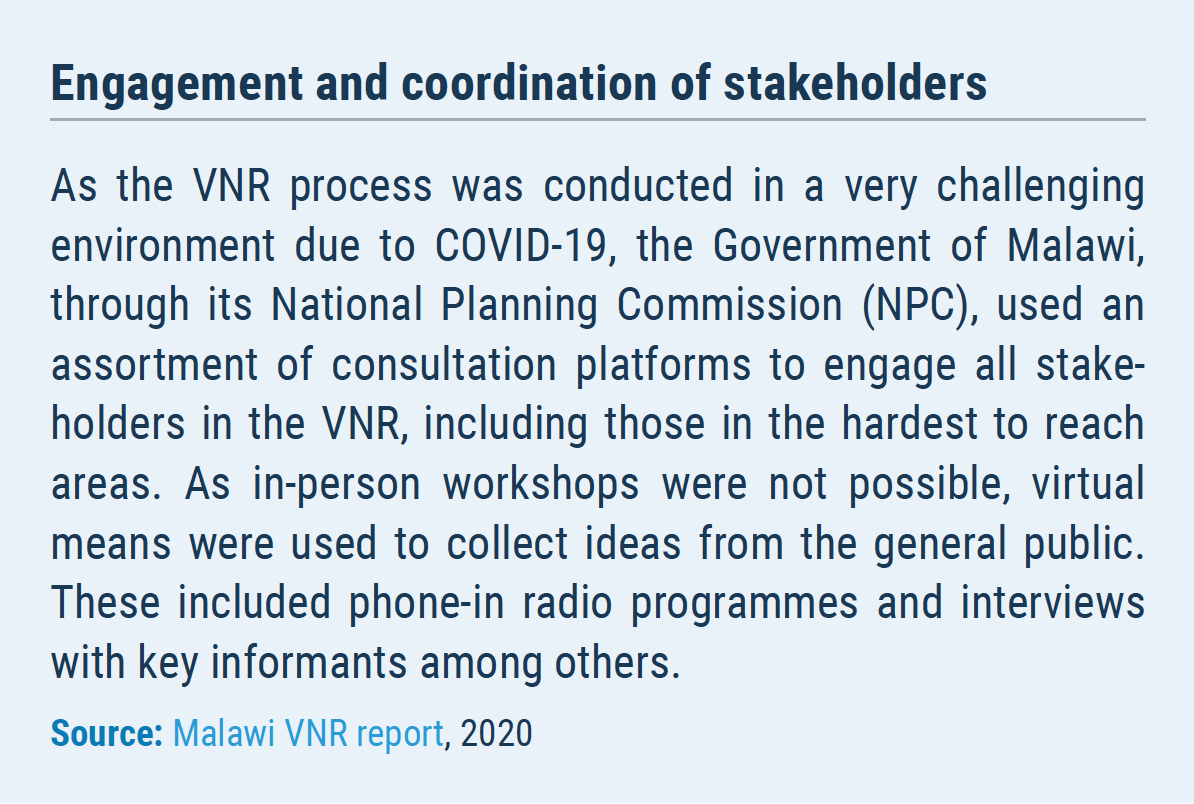 The majority of countries reported that COVID-19 had disrupted the last phase of VNR preparations, especially in relation to stakeholder engagement which is an important dimension in carrying out a VNR. A number of countries therefore posted reports on the government’s official websites to reach a wider audience. This enabled stakeholders and NGOs to submit proposals and descriptions of their efforts to implement the 2030 Agenda for inclusion in the VNR report. Some countries reported challenges related to ICT and tried to reach those in more remote areas either through interviews conducted over the phone or through community radio stations (Gambia, Liberia). Some, however, underlined that they had a good experience with virtual preparations, saying that they could reach a wider range of stakeholders, especially youth who are savvier with technology. They also indicated that these virtual meetings came at a lower cost than in-person meetings, thus freeing resources for other important matters.
The majority of countries reported that COVID-19 had disrupted the last phase of VNR preparations, especially in relation to stakeholder engagement which is an important dimension in carrying out a VNR. A number of countries therefore posted reports on the government’s official websites to reach a wider audience. This enabled stakeholders and NGOs to submit proposals and descriptions of their efforts to implement the 2030 Agenda for inclusion in the VNR report. Some countries reported challenges related to ICT and tried to reach those in more remote areas either through interviews conducted over the phone or through community radio stations (Gambia, Liberia). Some, however, underlined that they had a good experience with virtual preparations, saying that they could reach a wider range of stakeholders, especially youth who are savvier with technology. They also indicated that these virtual meetings came at a lower cost than in-person meetings, thus freeing resources for other important matters.
Building back better
Almost all countries stressed that the current efforts to kick-start economic recovery and overcome the health crisis must be aligned with, and guided by, the 2030 Agenda and the SDGs. Many underlined that the pandemic can be an opportunity to find new solutions for building more sustainable economies, for sharing gains more widely, for creating more inclusive and equal societies with access to basic services and education opportunities for all, for better preserving the environment, and for strengthening measures to combat climate change (Austria, Comoros, DR Congo, Ecuador, Finland, Georgia, Liberia, Malawi). Most countries underlined importance of multilateralism and global solidarity to get the world back on track to recover from COVID-19 and achieve the SDGs.
 Welcome to the United Nations
Welcome to the United Nations
